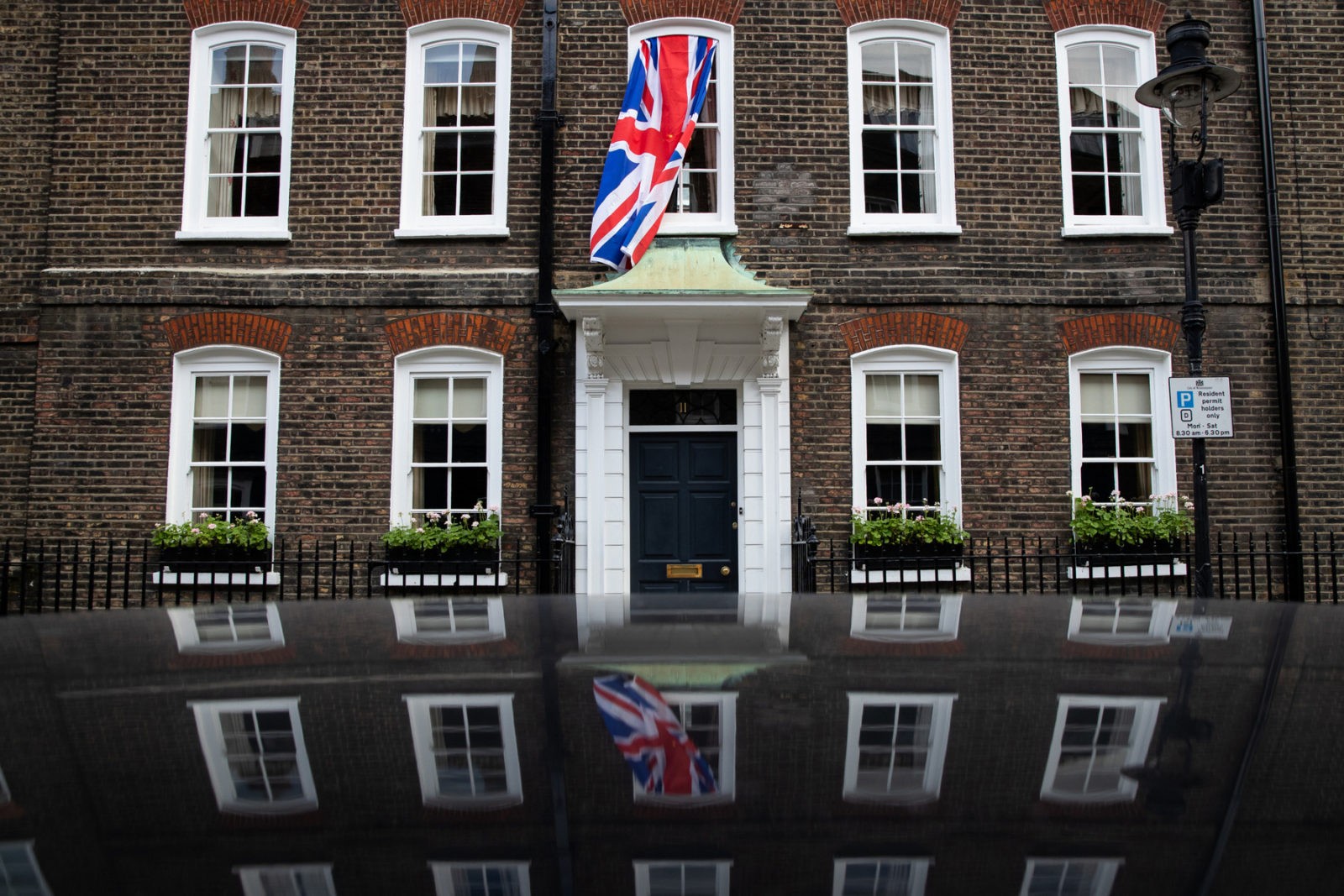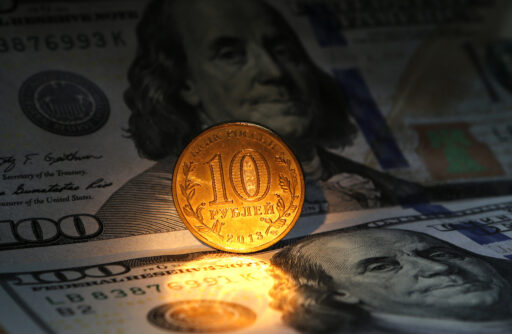Britain leaving the European Union has prompted Boris Johnson and his government to euphorically talk up the UK’s trading prospects outside Europe. Styling himself as the “prime minister of British businessmen,” Johnson declared that for a country that can export tea to China, and boomerangs to Australia, it is not handy to limit its horizons to Europe alone, and it was time for it to “go global.”
Johnson is inclined towards the general idea of refreshing commercial ties, but his government follows a conservative line on foreign policy and defense. Maintaining the integrity of the Western alliance and relations with Europe remains a priority. “UK is not a European power by treaty or by law but by irrevocable facts of history and geography,” Johnson said, pointing to the unity of position of Britain and the EU on many issues.
Europe of checks and balances
The logic Britain follows on the continent will remain the same: keeping a balance of power in Europe that favors the UK. An ideal Europe, from the point of view of London, is Europe without a single hegemon, where the center of economic and political balance is tilted towards the West.
The geopolitical landscape formed on the continent after the Cold War meets British demands. Strong neighbors in Western Europe play the role of a security buffer for London, blocking it from trade, migration, and potentially military threats. The absence of a dominant force in the region leaves medium-sized Britain leverage over its neighbors, securing it the status of one of the three pillars of Western Europe alongside France and Germany
Containment policy
After Brexit, Moscow will remain a power to restrain — a troublemaker rather than a partner for London. First, the British authorities are in principle concerned about any strengthening of Moscow, which plays according to its own rules. Britain is wary of its influence both on European security and on global issues such as stability in the Middle East or arms control.
Attempts by Western Europe to bring Russia under a common framework have failed; outside of those efforts, Russia remains a player with interests often unaligned with pan-European ones. London’s fears are aggravated by negative historical baggage. In particular, the Litvinenko murder case and the assassination attempt on the Skripals. One of the first actions of the Johnson government this year was the extension of sanctions against Dmitry Kovtun and Andrei Lugovoi. The pair are suspected of poisoning Litvinenko.
While Russia sees Europe as an important economic partner ready to stand for itself within the framework of the transatlantic alliance, Moscow is expected to make compromises. But removing the existing restrictions without receiving anything in return could bring problems. As London fears, concessions could undermine the entire deterrence system in relation to Russia, thus eroding Western Europe’s prestige and weakening its grip over processes on the continent.
So Britain does not view a rapprochement of France and Germany with Russia positively. Of course, this does not bear direct security risks for the British. But the prospect of detente – not to mention the full triumvirate of Paris, Berlin and Moscow – will reduce the significance of the tandem of London and Washington for European security. It would lead to the marginalization of the UK in the region. Thus, Britain could continue to lobby against a change in the European course towards Moscow, fueling distrust of the Kremlin on the part of Germany, as well as Poland and the Baltic countries — the main opponents of the “normalization” of dialogue with Russia.
European conservatism
For the time being, though, the stance of the West towards Moscow looks stable. Even amid an unpredictable Donald Trump and a capricious London, Russia remains an unreliable partner in the eyes of Europeans. President Emmanuel Macron, although aiming at pragmatism in relations with Moscow, does not offer significant initiatives. Macron’s idea of creating a new security architecture together with Russia did not arouse enthusiasm among allies.
Granted, Russia’s activity in the Middle East and North Africa is increasing its importance as a mediator for Europeans in resolving crises in these regions. China’s growing influence creates incentives for Russia to diversify its relations. So for the EU, it is seen as important not to push Moscow away from itself and towards Beijing. But this is unlikely to develop into a serious qualitative improvement in dialogue. The main obstacles to such a “reset” remains the same: the conflict in Ukraine is not resolved.
Only a crushing failure of the Brexit negotiations could lead to changes. Such a scenario will force Britain to compensate for the losses from a divorce from the EU at the expense of third countries, and the EU to reconsider the value of the transatlantic partnership. However, now the EU and Britain, on the contrary, are demonstrating in every possible way that partnership on the international agenda will continue. To this end, Germany proposed to give the format of the E3 a permanent basis. France will establish a European security council so that London could take part.
Targeted inventory
It is not surprising that Moscow did not hold any special illusions about Brexit. The Kremlin commented sluggishly on the topic. In general, it did not find a wide response among Russian politicians. Russia’s ambassador to London, Andrei Kelin, spoke of a possible targeted inventory of Russia’s relations with Britain after Brexit in trade and transportation. Though, as a caveat, he added that no major changes are expected.
In the more distant future, an “inventory” of Russo-British relations seems more likely. The spheres outlined by Kelin are some of the areas of cooperation. Initiatives to enhance dialogue have come from Britain as well. In the 2016 report, the parliamentarians in the House of Commons called on the authorities to restore the ministerial dialogue with Russia and establish contacts with it on the issue of terrorism and Syria. Pragmatic and implementable measures were proposed by experts. These included ways to collaborate to combat cybercrime, improve transport cooperation and the exchange of experience in organizing large-scale events.
The only question is whether the context of relations can maintain stability even for the implementation of such modest initiatives. Using Donald Rumsfeld’s phrase, the tragic incidents have “known unknowns” for bilateral dialogue. As soon as an impulse arose in relations between countries to improve it, the crisis blocked it: the personal chemistry of Tony Blair and Vladimir Putin went wrong due to the Litvinenko case; negotiations between David Cameron and Vladimir Putin on a settlement in Syria were buried by chemical attacks, the blame for which was assigned to the army of Moscow-backed Bashar Assad; in the 2010s both countries had a growing understanding of a need for trade liberalization, but a crisis erupted around Ukraine and Russian actions in that country. Finally, attempts to normalize relations after 2014, the embodiment of which was the visit of Boris Johnson (then still in the rank of Foreign Minister) to Moscow, were thwarted by the poisoning of Skripals — another setback in a long list of setbacks.










